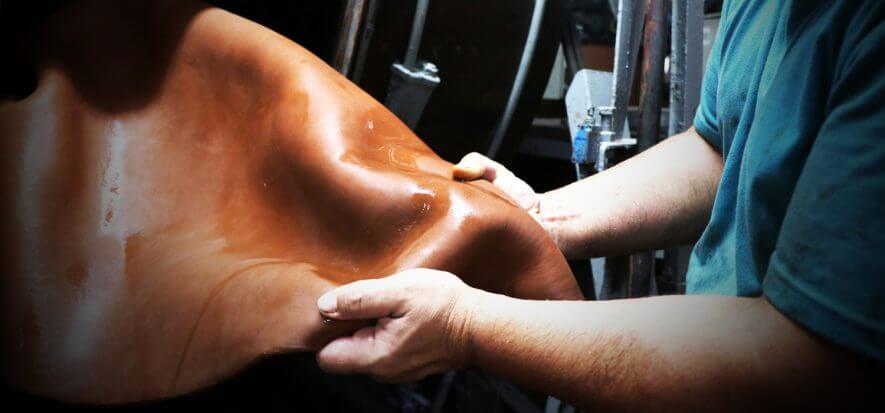[sponsored article]
With the approval of the ‘Lei do Couro’ (Leather Law) in January 2022, the issue was taken care of in Portugal. Now APIC (The Portuguese Leather Association representing the tanning industry and the Leather Cluster in Portugal) is ready for international collaborations so that regulations governing the commercial use of the terms leather and hide can also be obtained in other countries. To this end, APIC makes available the technical document that IAPMEI (the Portuguese agency for innovation and competitiveness) has produced for obtaining the Leather Law for EU countries through COTANCE and worldwide through ICT (International Council of Tanners).
Ready for international collaborations
Now, the picture is not complete. In some European countries, such as Italy (thanks to the Leather Decree), France, Germany, Belgium and Switzerland, there are already laws establishing which materials can be called leather and, above all, which cannot. But there are still markets where it is legal to distribute alternative materials to leather with misleading labels such as vegan leather. ‘Harmonisation of regulations at EU level would be appropriate,’ observes Gonçalo Santos, the secretary general of APIC. Meanwhile, APIC in collaboration with technicians from the CTIC (The Portuguese Leather Technology Centre) is participating in the training of more than twenty inspectors from the consumer protection agency (ASAE) who will be working in the field to apply the Leather Law.
For the consumer
At APIC, they are delighted with the success of the 2021 FILK publication on MDPI Coatings. The German research institute compared the performance and characteristics of leather to those of the latest alternative materials. Verifying in a documented way how these are less performing and, above all, not at all greener than tanning products. At last FILK, followed two years later by a study with similar results by Ars Tinctoria, has offered scientific arguments to counter the slogans of manufacturers of vegan alternatives. The Portuguese association makes it a matter of protecting the prestige of leather, which is natural, circular (since it recovers a waste product from animal husbandry), durable and sustainable. But also of protecting the interests of consumers, the real victims of marketing cunning. That’s why we need laws regulating the term leather.
Credits- Joaquim Francisco Inácio, Sucrs., S.A.
Read also:











